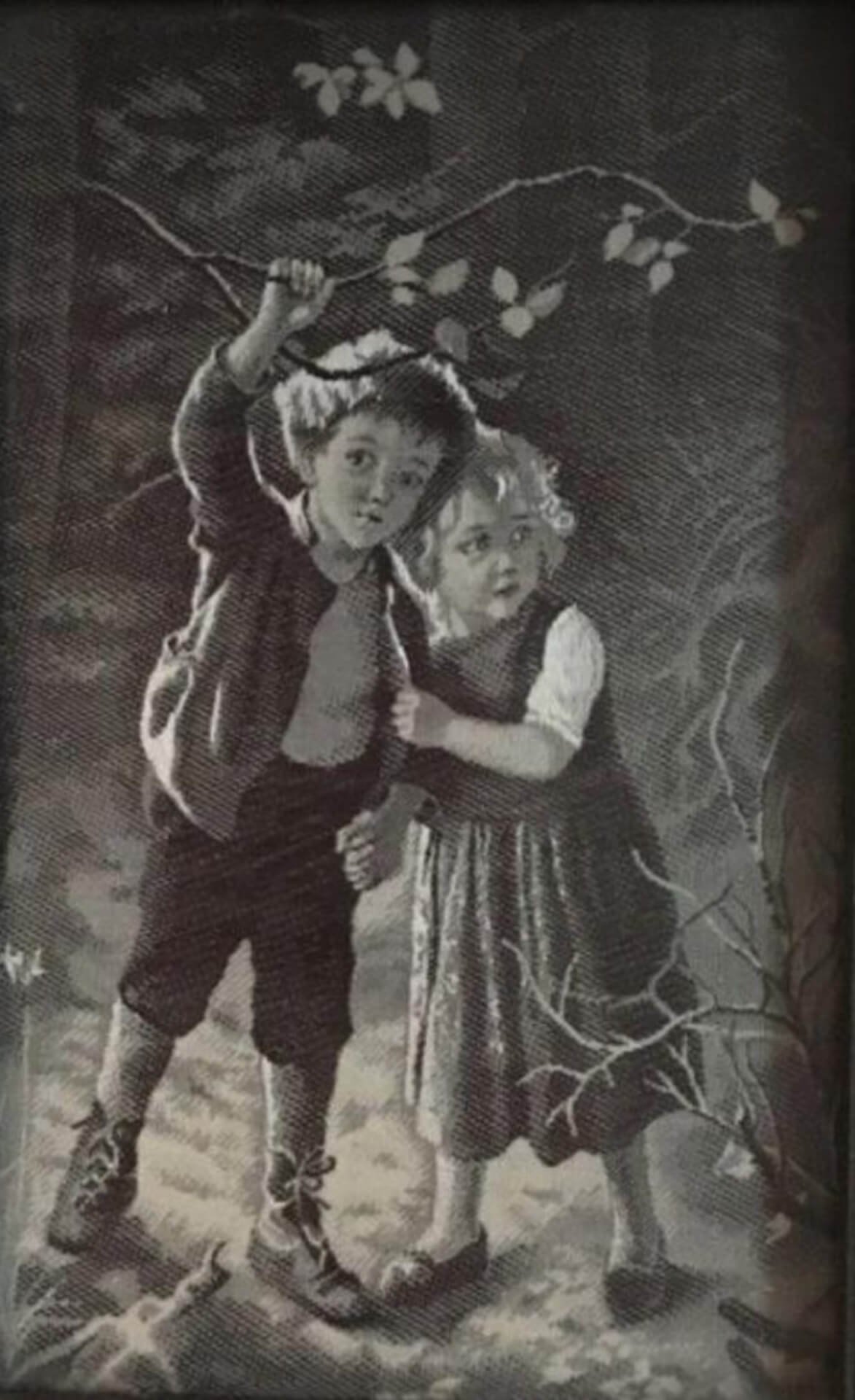
The Fear of Abandonment: Missing Mothers and Fairy Tales
Fear of abandonment has pervaded storytelling throughout the ages. Fairy and folk tales, in particular, capture a range of dimensions of loss and transformation.

Transforming Empathy Into Compassion: Why It Matters
We experience empathy across a spectrum of responses: mimicry, emotional contagion, sympathy, compassion. How do they differ?
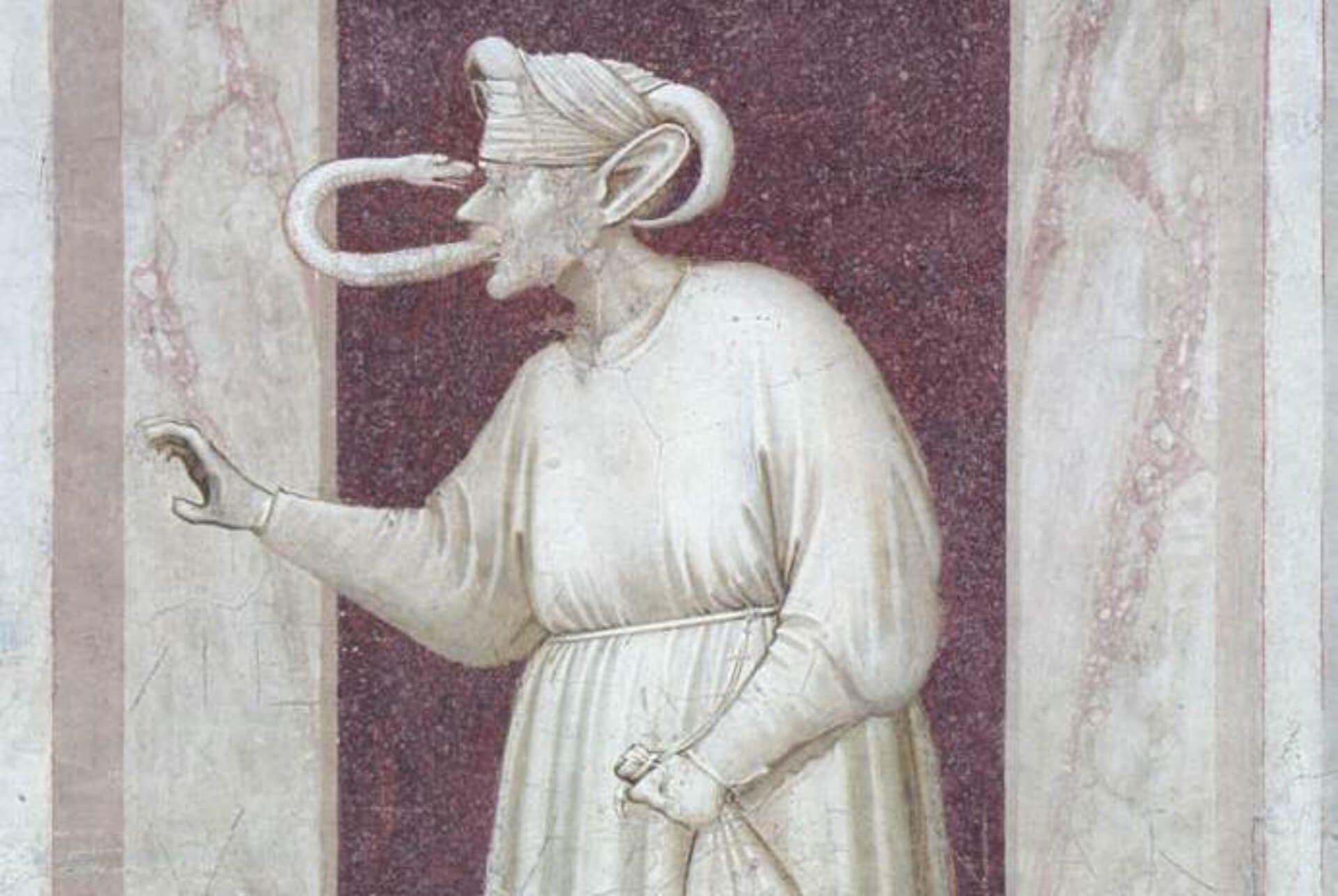
Self-Sabotage: Which Parts of Ourselves Are We Fighting?
What compels seemingly rational people to adopt wildly irrational beliefs? Why do some parts of ourselves seem to be at war with other parts?

Seven Principles for Recovering from Trauma
The third conversation with Jungian therapist and rabbi Tirzah Firestone.
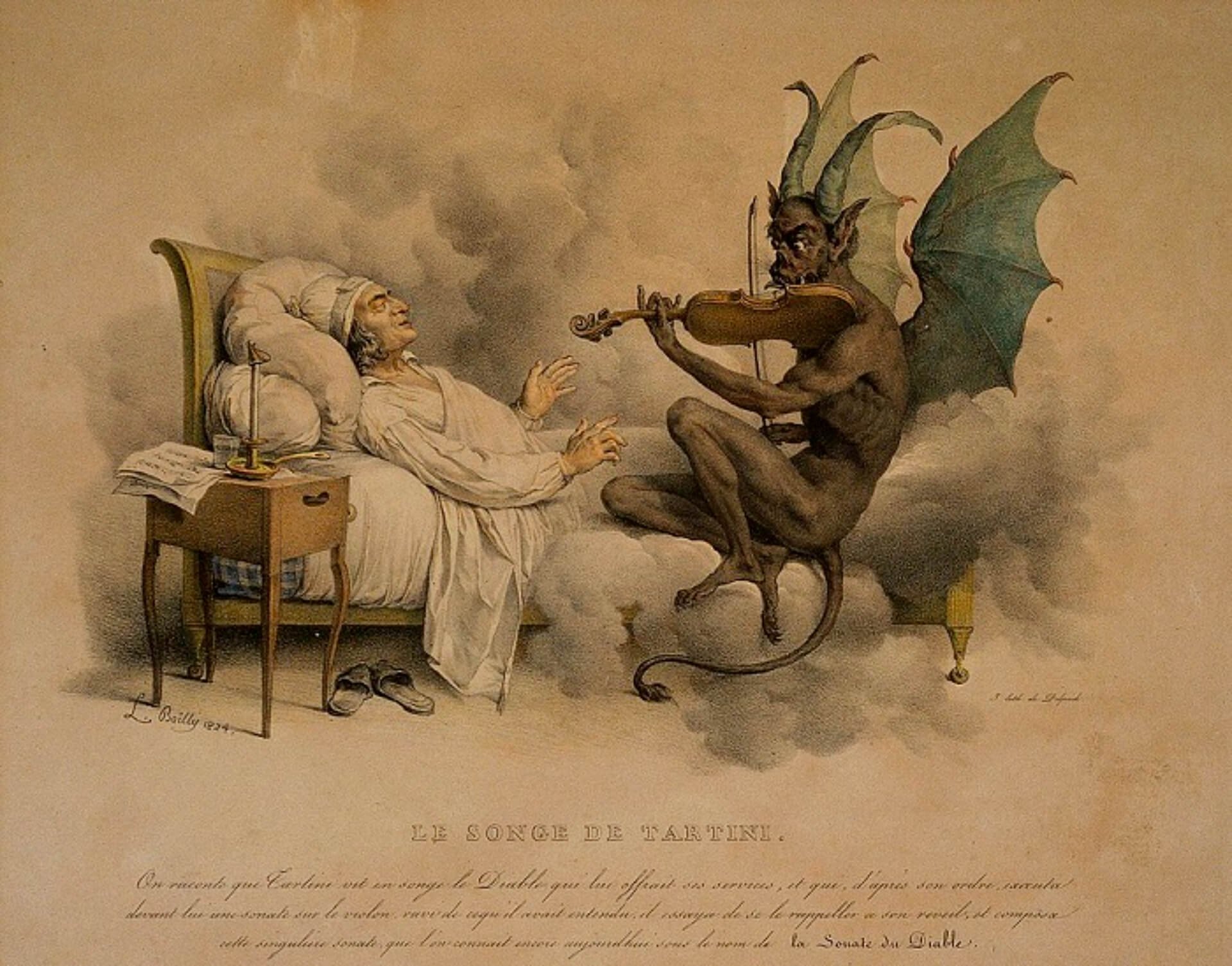
How Dreams Help Identify Areas We Need to Address
Jung proposed that dreams “appear as an expression of the self-regulation of the psyche.” What do your dreams say you need to address?

Diagnosing and Treating PTSD and Complex PTSD: Changing the Ways We Adapt
In Part Two of his interview trauma therapist Brad Kammer explains the importance of agency and adaptive styles in how the NeuroAffective Relational Model treats trauma

Diagnosing and Treating PTSD and Complex PTSD: It's Not About “What’s Wrong With You?”
Trauma therapist Brad Kammer explains how the NeuroAffective Relational Model diagnoses and treats PTSD and Complex PTSD.

Dream Incubation: Solving Problems in Your Sleep
Recent dream research suggests we can seed our dreams so that the unconscious can help us solve our problems.
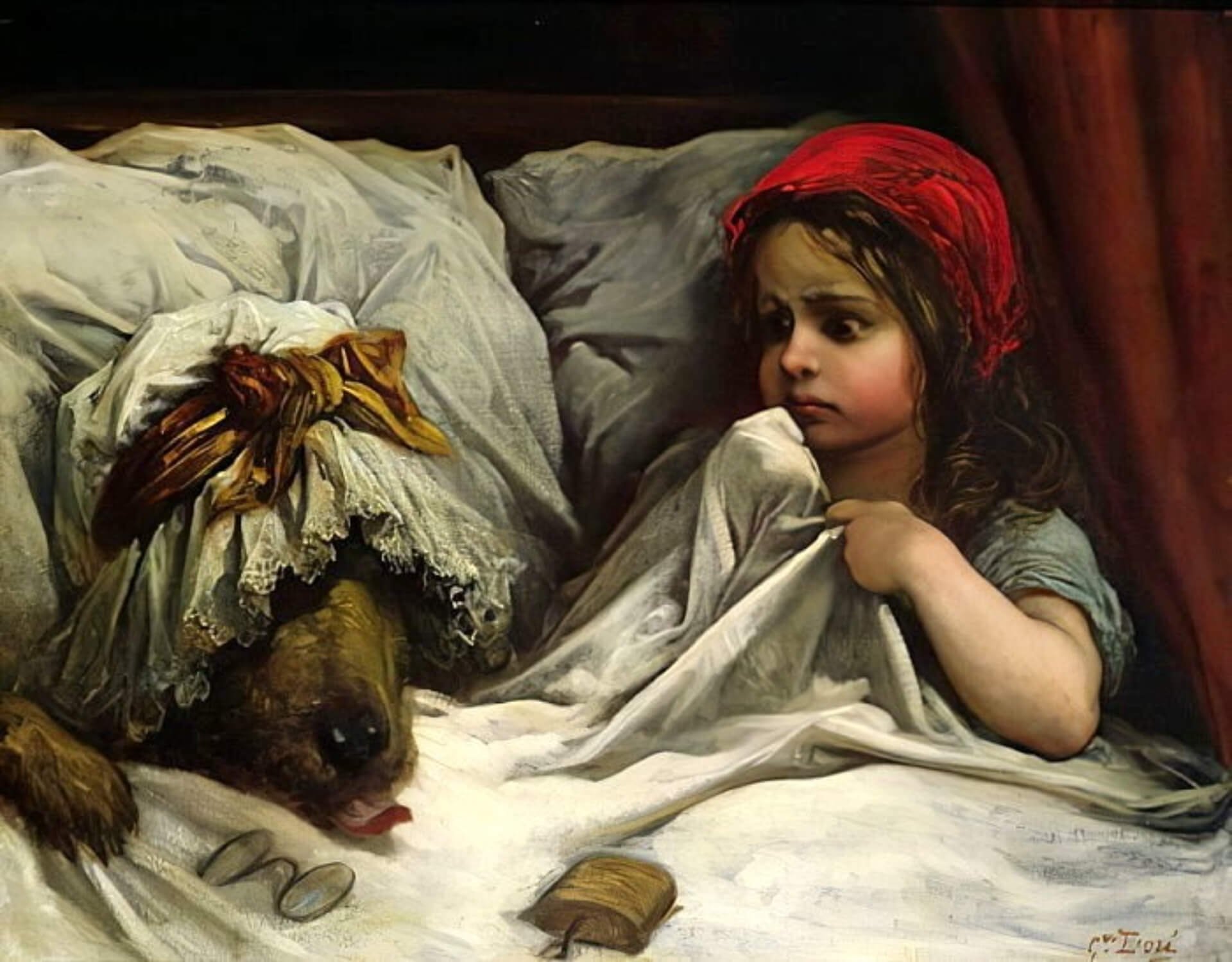
Dream Disturbances: The Healing Function of Bad Dreams
Jungian archetypes abound in fairy tales and dreams. What can we learn from them? What might they mean for you?
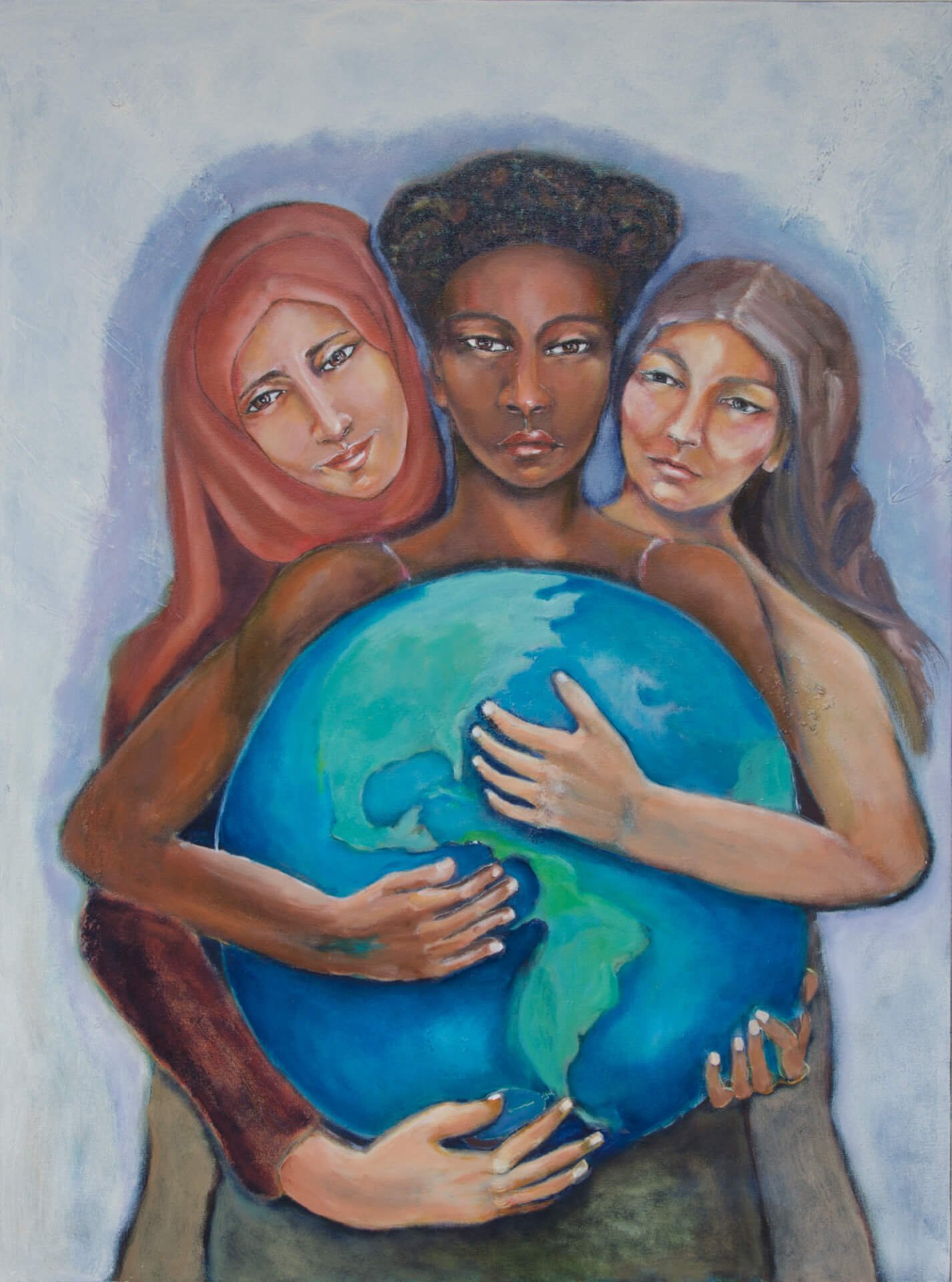
Alternate Visions of Motherhood
A Personal Perspective: Studies in neuroscience, psychology, and sociology support what the ancients knew about our innate need for mothering.
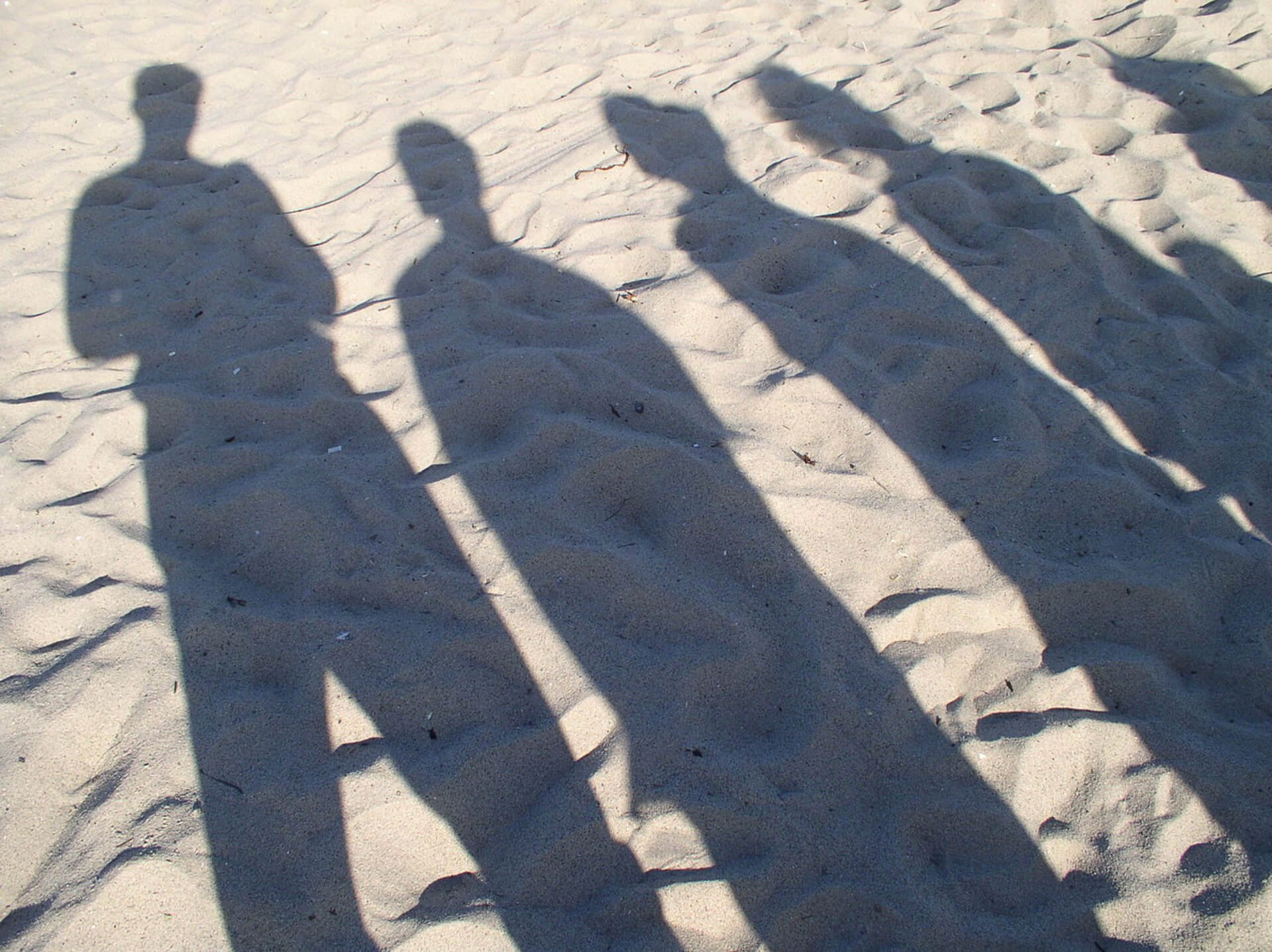
What The Shadow Knows: What Part of Yourself Do You Reject?
In Jungian terms, the “shadow” refers to those aspects of ourselves we reject. Are there aspects of yourself you keep hidden, that only appear in your dreams?
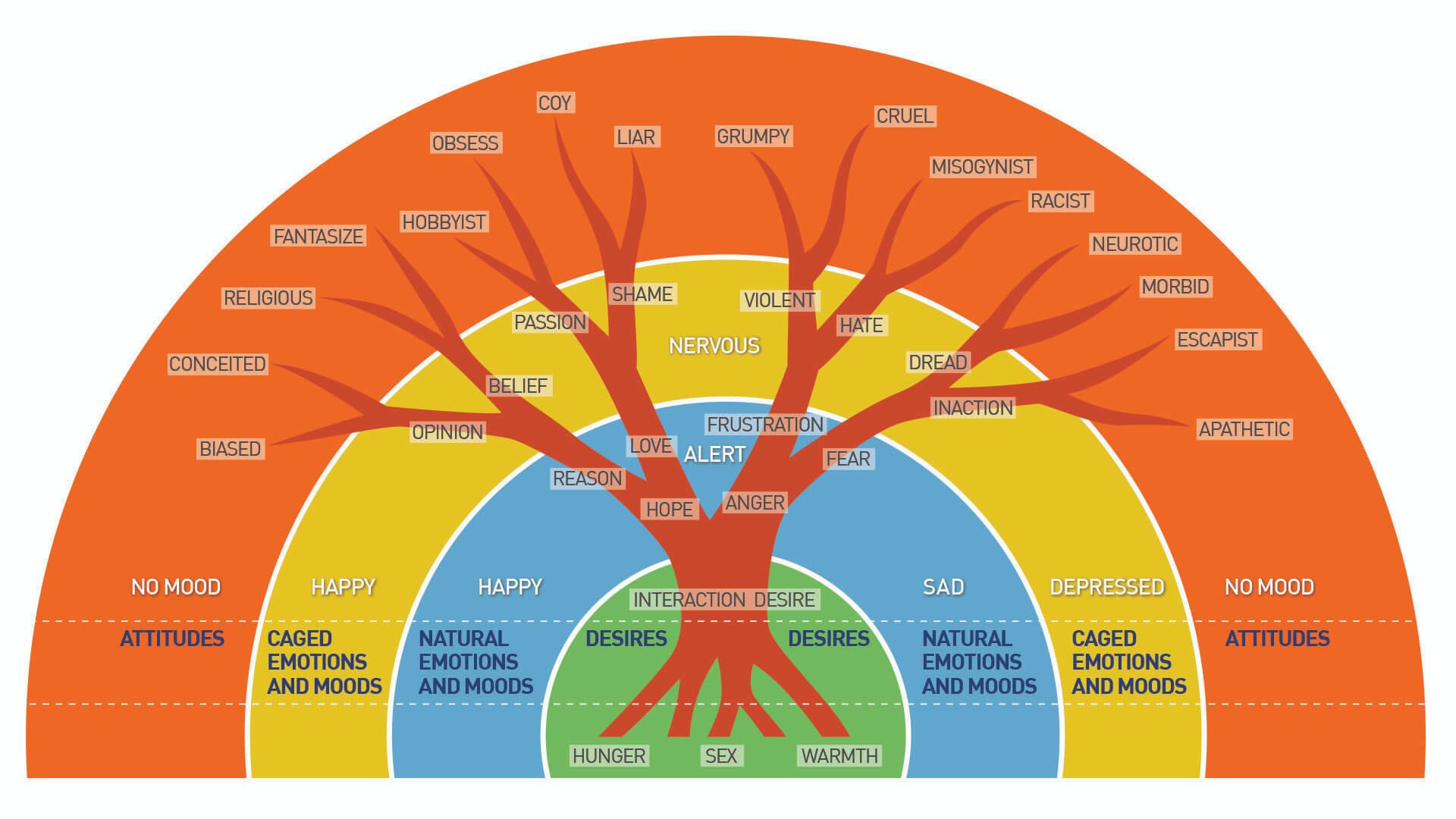
Feeling and Thinking: How Logic and Emotion Shape Who We Are
New findings in affective neuroscience show the critical role emotions play in our thinking. Emotions help us judge and place value on the facts.
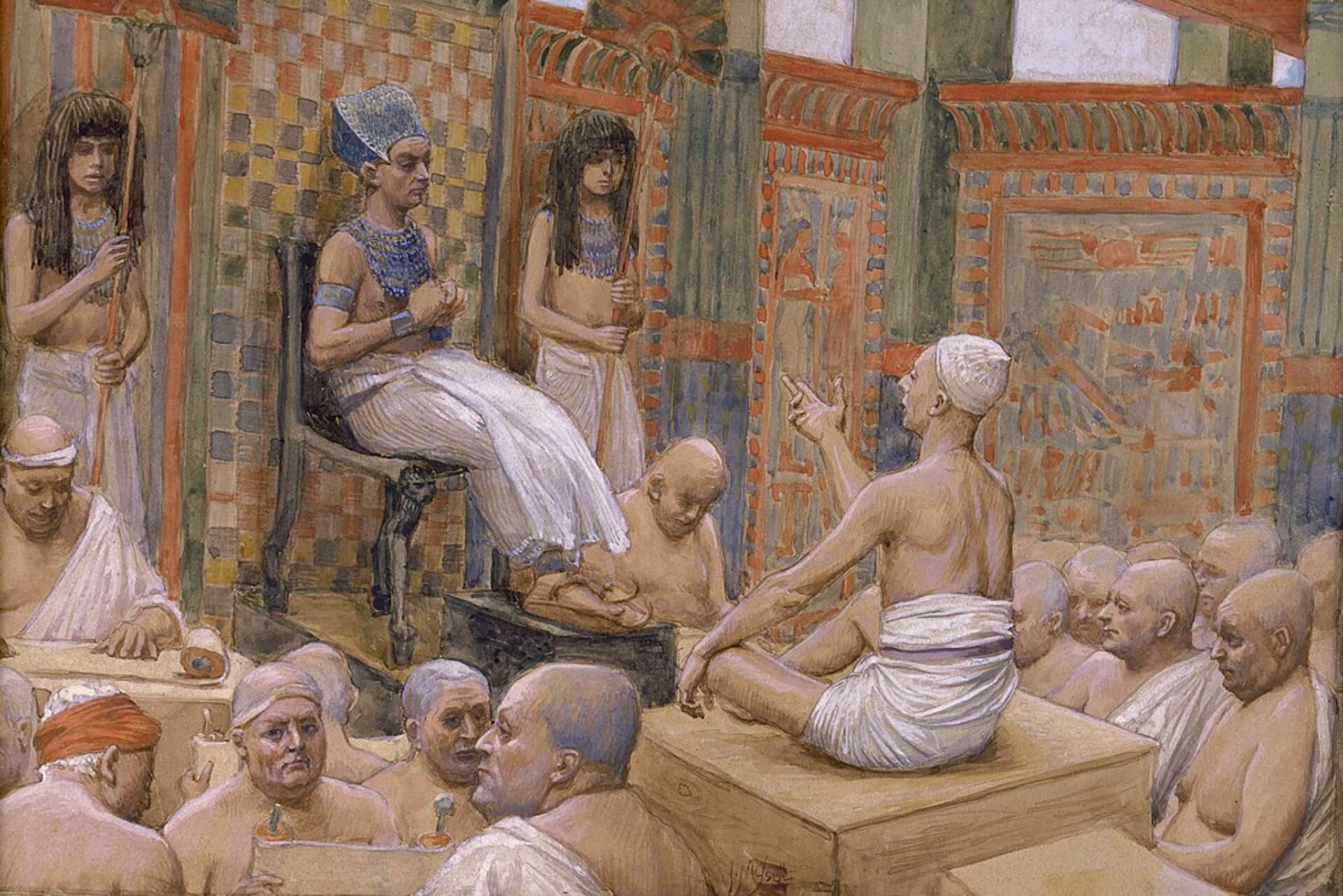
When Our Dreams Feel Like Warnings: Precognition, premonition, or coincidence: Are our hunches real?
How do we untangle precognitive knowing from mere coincidence?
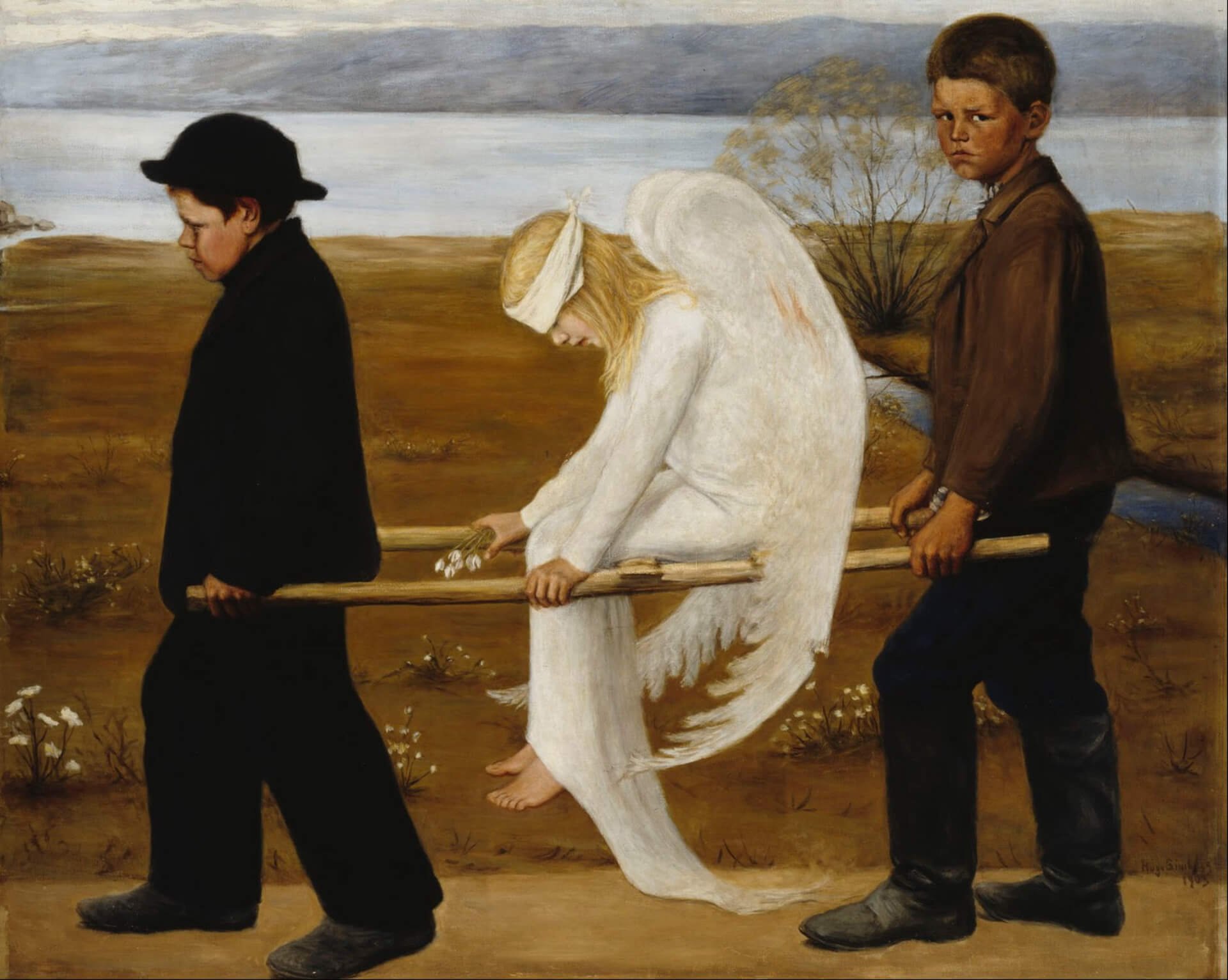
Recognizing and Healing Inherited Trauma
In my second conversation with rabbi and Jungian therapist Tirzah Firestone, we discuss "unfinished psychological tasks" and other aspects of inherited transgenerational trauma.
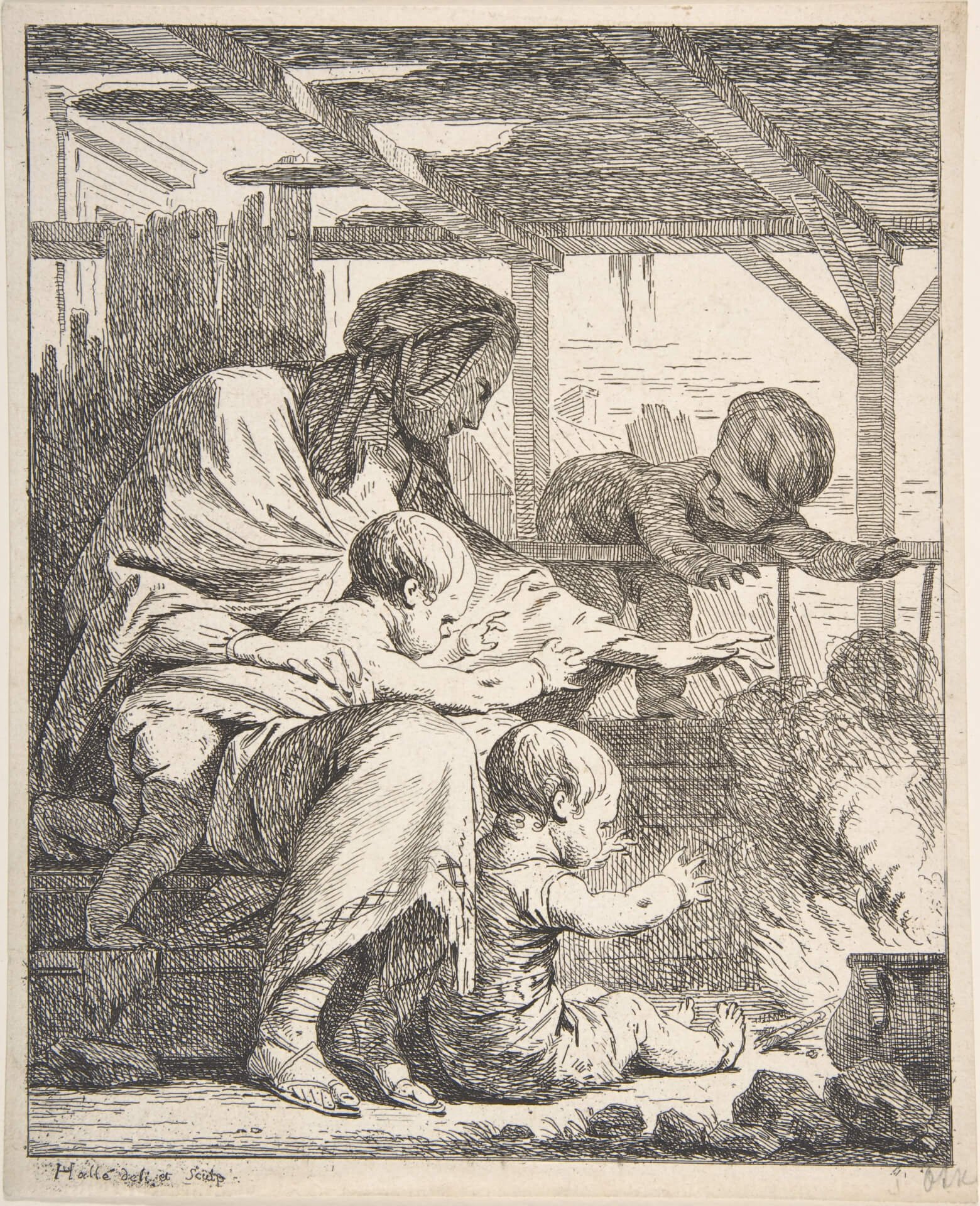
Belonging: The Quest for Your Inner Home
A Personal Perspective: What does it mean to be more at home in the world? How can we create a sense of belonging and identity despite our rapidly changing environment?
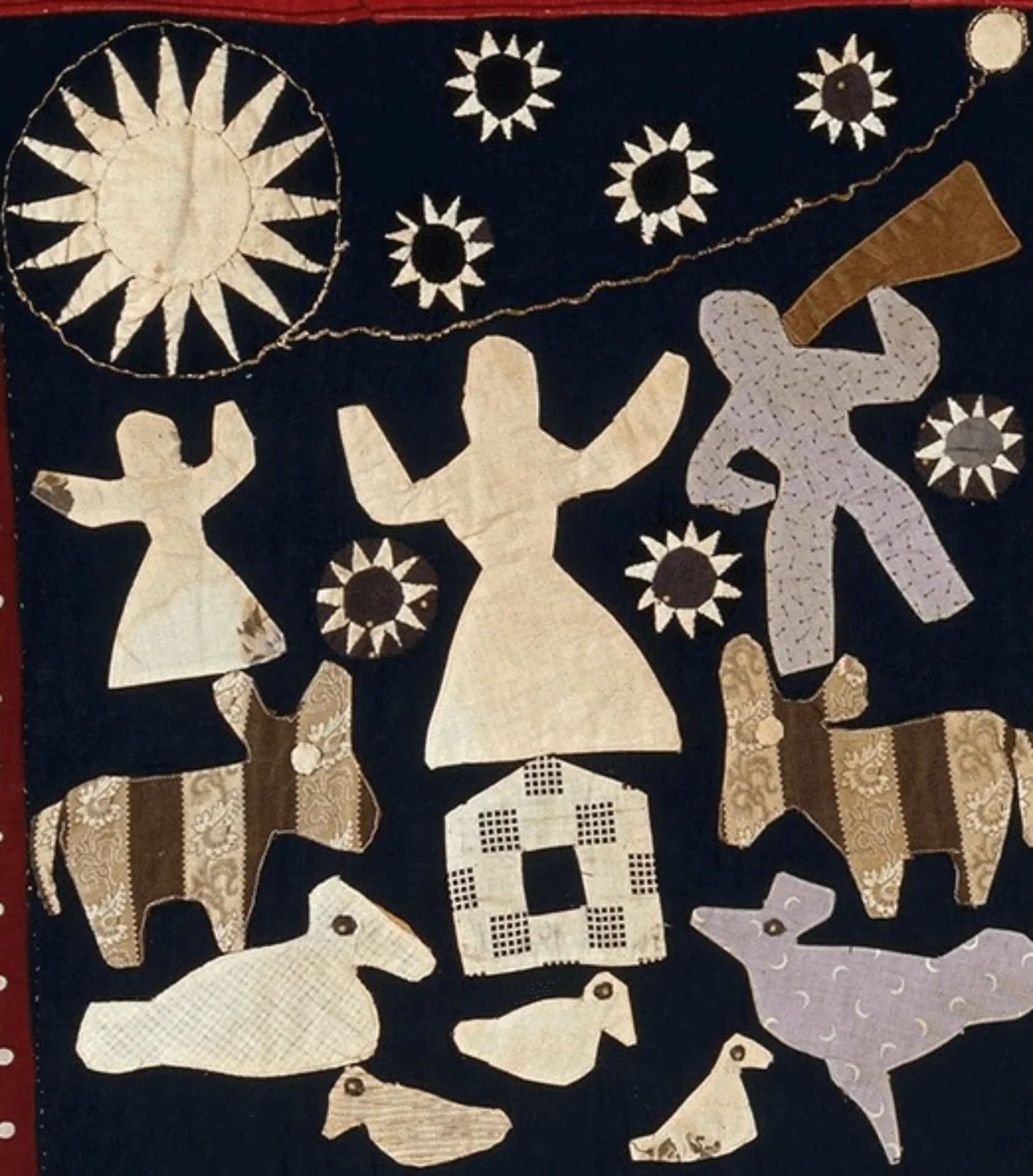
Inherited Wounds: Tirzah Firestone on Ancestral Healing
Jungian psychotherapist and rabbi Tirzah Firestone discusses her work in healing transgenerational trauma.
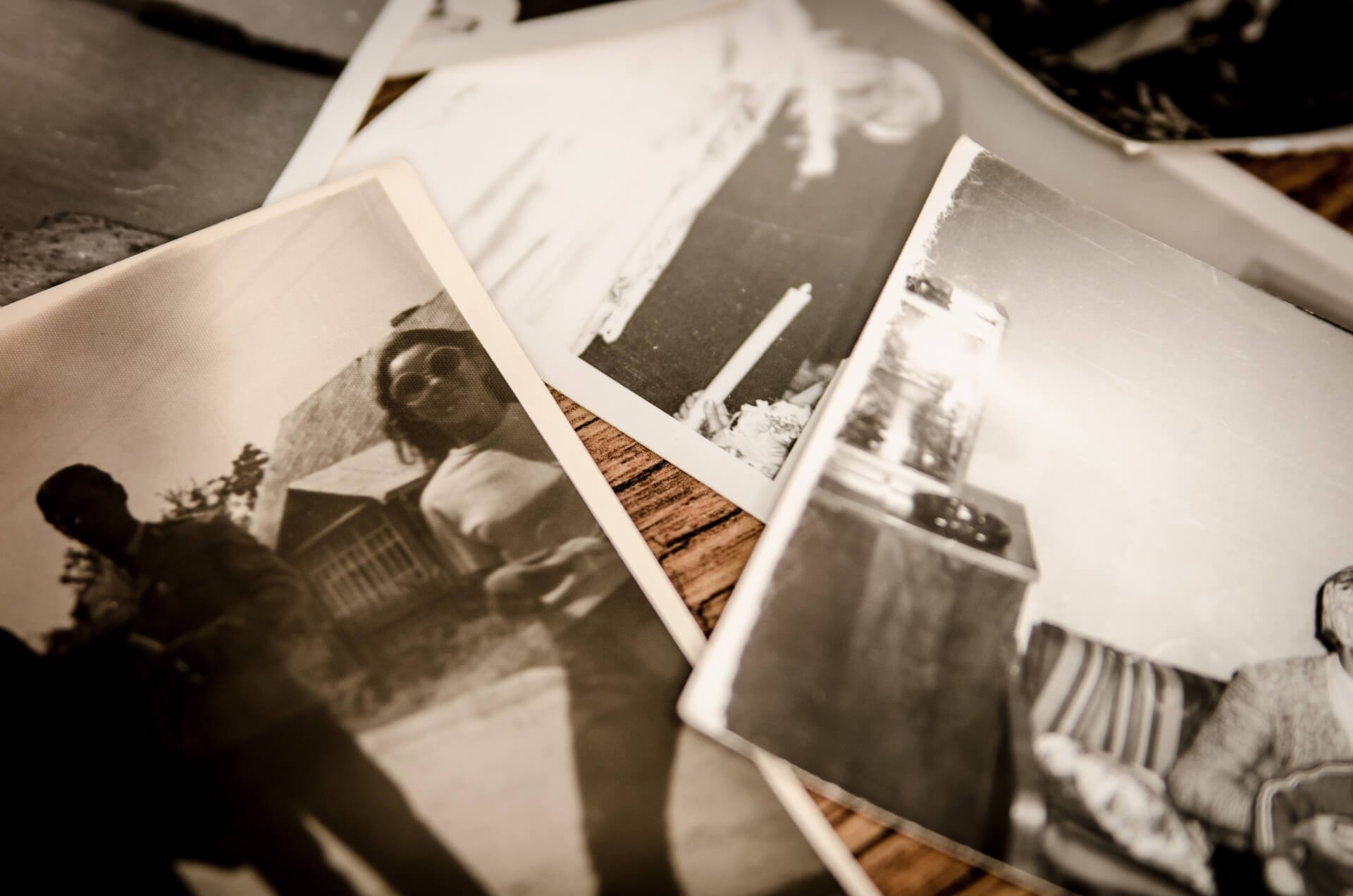
Memory: Can We Trust the Stories that Shape Us?
What we remember about ourselves shapes the stories we tell about who we are, which shapes who we become. Are memories just where events are stored, or the foundation of our values?
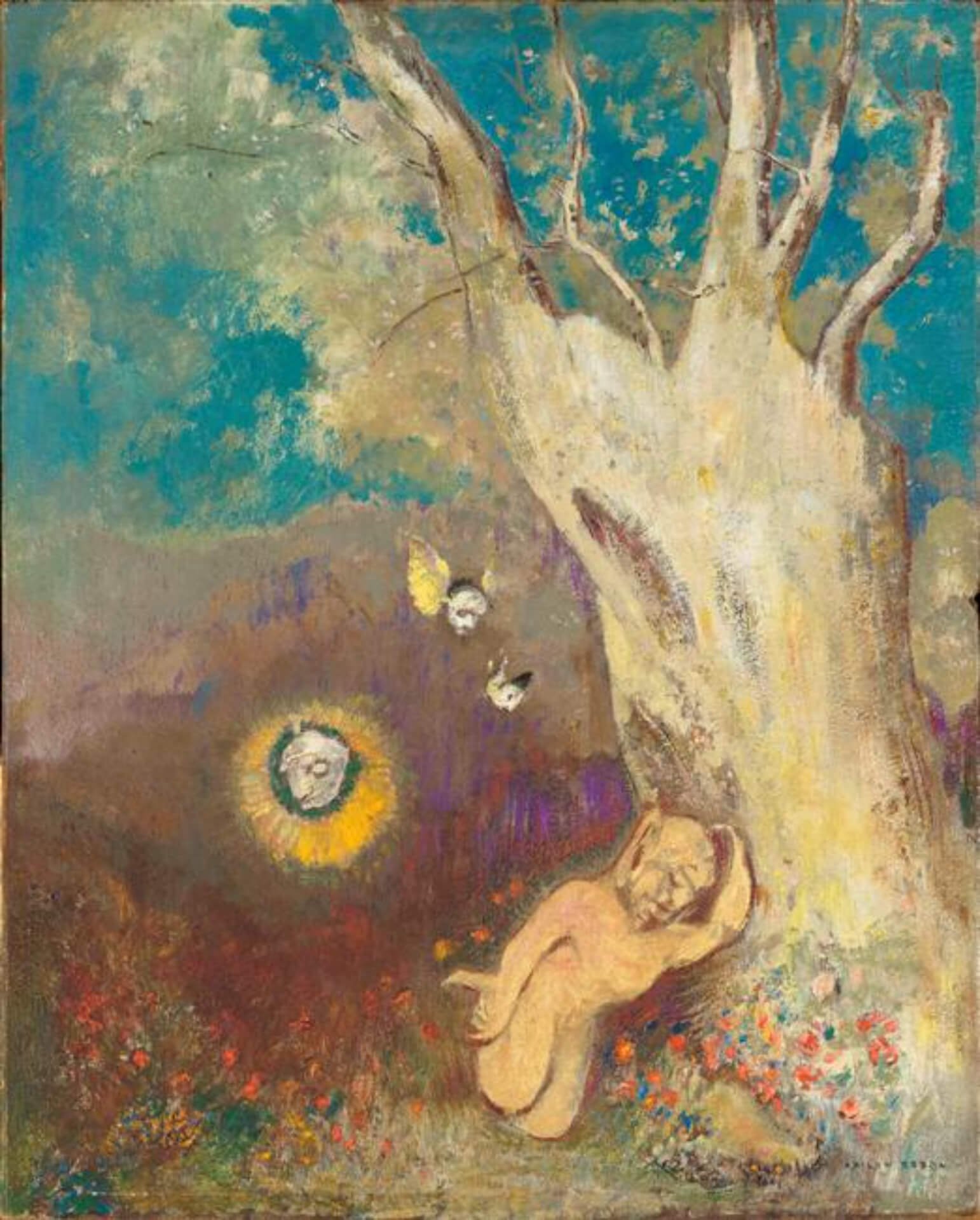
Celebrating the Mysterious and Why It Matters
“The most beautiful experience we can have is the mysterious. It is the fundamental emotion which stands at the cradle of all true art and true science.”—Albert Einstein
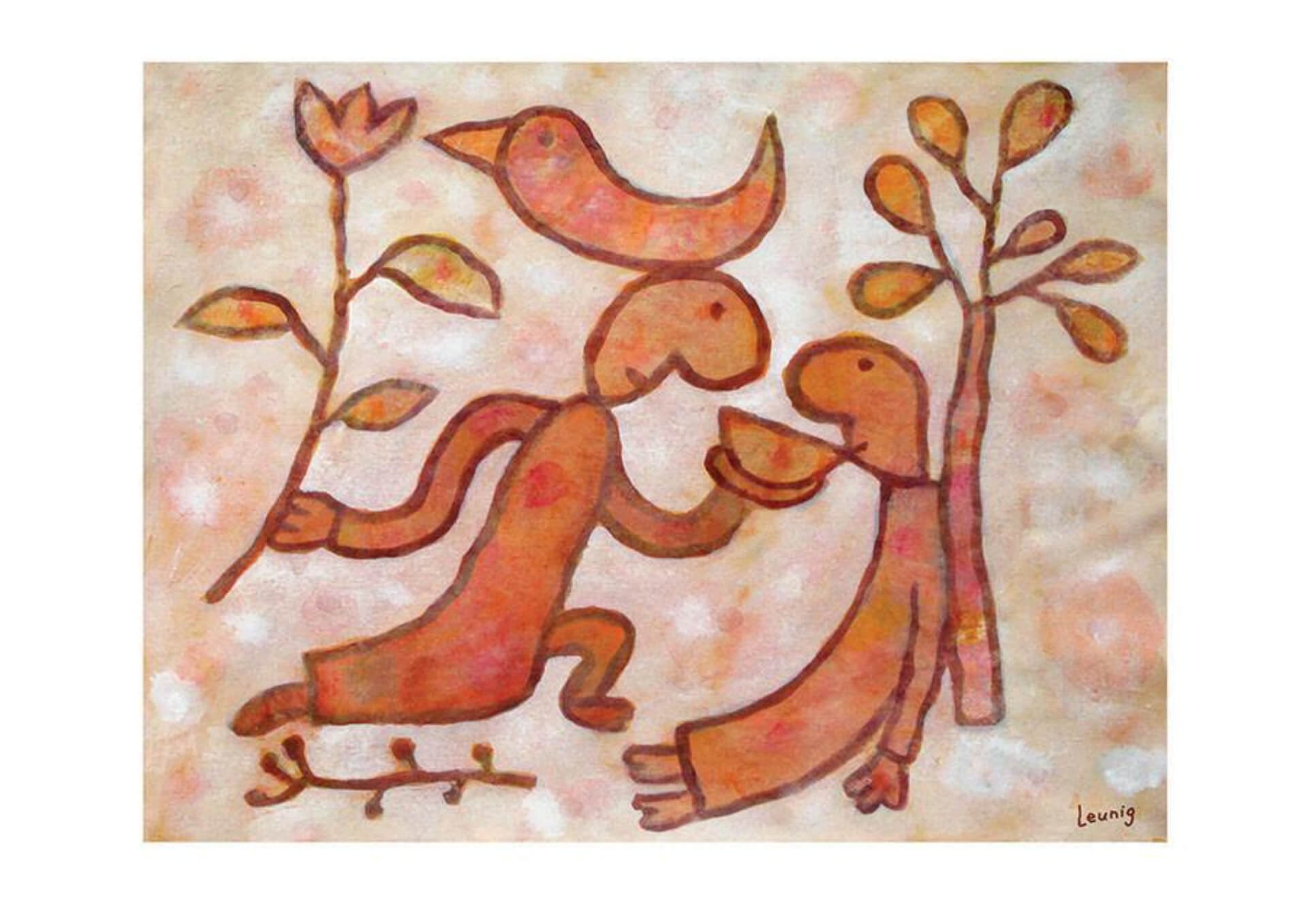
Altruism, the Helper Archetype and Knowing Your Intention
“The most beautiful experience we can have is the mysterious. It is the fundamental emotion which stands at the cradle of all true art and true science.”—Albert Einstein

Necessary Descents: What Myths Reveal about Darkness
The underworld and overworld. Both have always existed—in myth, dream, and reality. What can we learn from what myths tell us about the metaphor of descent?